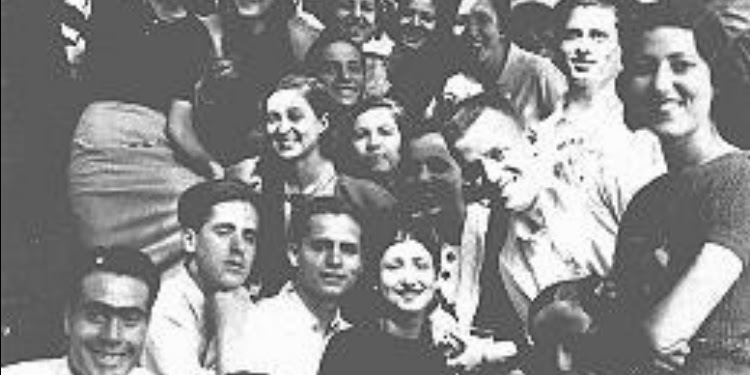The Tragedy of the Jews of Rhodes
The Fellowship | October 8, 2018

Writing for Israel Hayom, Ariel Bolstein tells us about the Jews of Rhodes and their fate at Auschwitz. Yet if you visit today, you’ll find that Jewish history is still alive there.
It was a quiet evening in the old city of Rhodes as I strolled through the crooked alleyways, which were empty and looks as if they hadn’t changed since the Middle Ages. Suddenly, I heard scraps of a conversation that bounced off the stones. It wasn’t in Greek or in any other language spoken by the tourists that visit this Greek island. When I got closer to the speakers, I saw two elderly people sitting on a low step leading to a courtyard. Now I could hear the words clearly, and there was no doubt – they were speaking Ladino.
When I approached them, I saw in the moonlight that one of them had a number tattooed on his arm. The numerals were faded. That is how I made the acquaintance of Samuel Modiano. When he was 13 and a half, Samuel (Sami) and his family were caught and sent to Auschwitz. He was lucky enough to be tall, and he was chosen for hard labor rather than the gas chamber. Sami survived, and after the war found himself in Italy. Like all the Jews of Rhodes who survived the war (other than one woman, one of his cousins), Sami didn’t move back to the island. But some inexplicable force keeps drawing him back to where his family lived for generations.
Many descendants of Rhodian Jews, who are known among themselves as “Rhodeslis,” visit the island every summer. Maybe it’s the illusion that time has stood still in the ancient streets that tempts them back. You don’t need an overactive imagination to picture how it would have been hundreds of years ago. Isaak Habib, who was born to Jewish parents from Rhodes after the war, travels here from his home in South Africa for at least five months of the year. Habib is a driving force behind the preservation of the legacy of Jews of Rhodes and the rebuilding of the Kahal Shalom synagogue. He oversees the maintenance of it and directs research into the community’s impressive history, with its ups and downs. Isaak’s own family history reflects what befell the island’s Jews over the past century.
